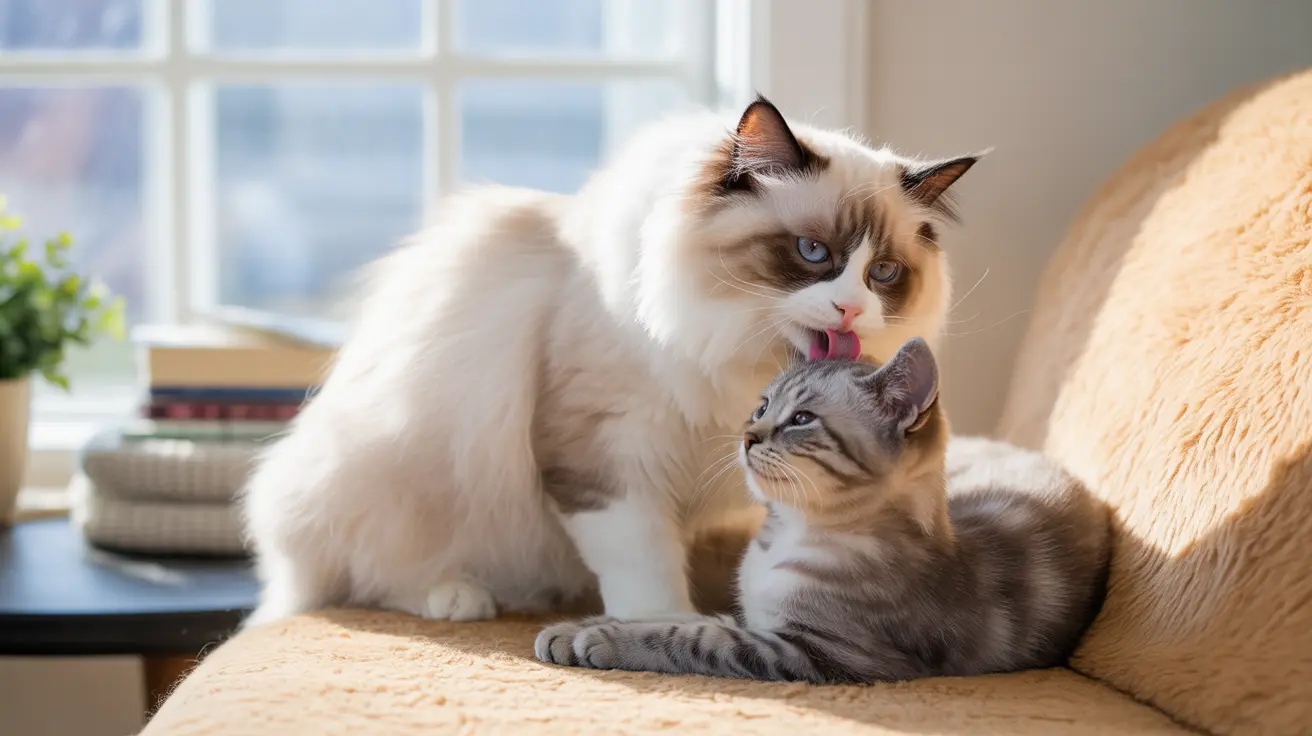The Science Behind Cats' Ability to Sense Death
Cats are equipped with extraordinary sensory capabilities that enable them to detect subtle changes in their environment and other animals. Their sense of smell, approximately 40 times more powerful than humans', allows them to identify biochemical changes that occur during illness and death.
- Changes in body chemistry and hormone levels
- Alterations in body temperature
- Subtle behavioral modifications
- Variations in breathing patterns
Physical and Chemical Detection Mechanisms
When a cat is approaching death, their body undergoes various chemical changes that other cats can detect. Their highly developed olfactory system can pick up on:
- Increased levels of certain compounds released during cellular breakdown
- Changes in familiar scent patterns
- Stress hormones and pheromones
- Metabolic byproducts associated with illness
Behavioral Signs Cats Display
Cats often exhibit distinct behavioral changes when they sense another cat is dying or has passed away. These responses can vary significantly between individuals, reflecting their unique personalities and relationships with the dying cat.
Common Reactions Before Death
- Increased attention and vigilance toward the sick cat
- Gentle grooming or physical contact
- Protective behavior
- Changes in eating or sleeping patterns
Responses After Death
- Search for the deceased cat
- Vocalize more frequently
- Show changes in appetite
- Display altered sleep patterns
- Seek more attention from their human family members
Supporting Your Cat Through Loss
When a cat loses a companion, providing appropriate support is crucial for their emotional and physical well-being. This includes:
- Maintaining regular routines
- Offering extra attention and comfort
- Ensuring access to familiar spaces and items
- Monitoring for signs of depression or illness
- Considering environmental enrichment activities
Frequently Asked Questions
Can cats sense when another cat is sick or nearing death?
Yes, cats can often sense when another cat is sick or nearing death. Their acute sense of smell allows them to detect chemical changes in a dying cat's body, while their observational skills help them notice behavioral changes and physical decline.
What behaviors do cats show when they sense a feline companion is dying?
Cats may become more attentive, spend more time near the dying cat, show protective behavior, or alternatively, become withdrawn. Some cats might increase grooming of their sick companion or display changes in their own eating and sleeping patterns.
How do cats typically react after the death of another cat in the household?
Reactions vary but commonly include searching for the deceased cat, changes in vocalization patterns, altered eating and sleeping habits, and seeking more attention from their human caregivers. Some cats may also show signs of depression or anxiety.
Is it true that cats can grieve or mourn the loss of a feline companion?
Research supports that cats experience a form of grieving. Studies show that up to 70% of cats display behavioral changes following the loss of a companion, suggesting they do process and respond to loss, though perhaps differently from humans.
How can I support my cat when they lose a bonded feline friend?
Provide extra attention and comfort, maintain consistent daily routines, ensure they have access to familiar spaces and items, and monitor their behavior and health. If signs of depression persist, consult with a veterinarian for additional guidance and support.
Conclusion
While the exact mechanisms behind cats' ability to sense death remain somewhat mysterious, scientific evidence clearly shows they possess remarkable capabilities for detecting and responding to the decline and death of their feline companions. Understanding these capabilities helps us better support our pets during these challenging transitions.






